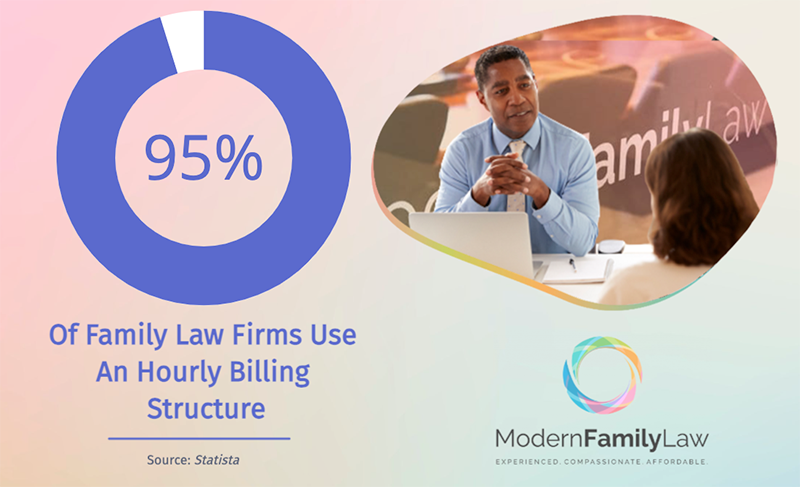Navigating the intricacies of legal fees can be a perplexing journey for prospective clients seeking legal representation. Understanding the diverse fee structures and their implications not only empowers clients but also helps them prepare for the potential costs and commitments that lie ahead.
Legal fees are the charges levied by lawyers or law firms for the professional services they offer. These services encompass a wide range of activities, such as consultations to discuss the case, drafting and preparing legal documents, representing clients in court proceedings, and providing comprehensive legal guidance and support throughout the legal process. The type of fee arrangement can vary based on the nature of the legal matter, and it’s essential to comprehend the common types of attorney fees.






